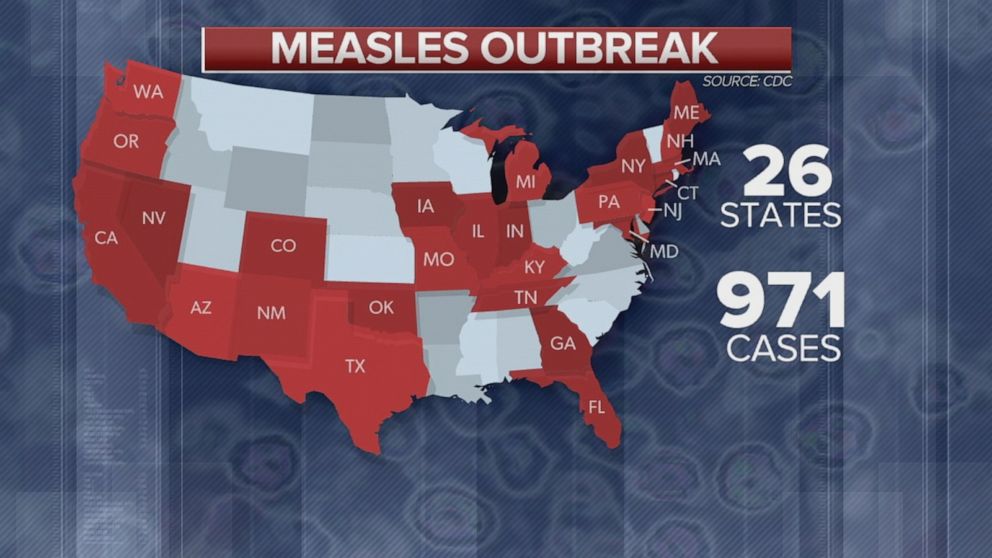Essential Guide To Top Music Lawyers For 2025

Table of Contents
Understanding Your Legal Needs in the Music Industry
The music industry is rife with legal complexities. Understanding your specific needs is the first step in finding the right music lawyer. This involves identifying the areas of music law most relevant to your situation.
Types of Music Law Expertise:
Navigating the music industry requires a robust understanding of various legal fields. A top music lawyer will possess expertise in several key areas:
-
Copyright Law: This is fundamental. It covers copyright registration, protecting your original compositions and recordings from infringement, and understanding licensing agreements for use of your work. Understanding the intricacies of copyright is crucial for both songwriters and recording artists.
-
Contract Law: This is paramount for negotiating and understanding contracts. This includes record deals, publishing agreements (with publishers or independent publishing administrators), artist management agreements, and endorsement contracts. A skilled music lawyer will ensure your contracts are fair, protect your rights, and align with your long-term goals.
-
Trademark Law: Protecting your brand is vital. This involves registering your artist name, logo, and other branding elements as trademarks to prevent unauthorized use and protect your image. Think of this as protecting your brand identity in the crowded marketplace.
-
Intellectual Property Rights (IPR): This encompasses all aspects of protecting your creative work, including copyrights, trademarks, and potentially patents if applicable (for example, unique music technology). A comprehensive IPR strategy is essential for maximizing the value of your creative assets.
-
Performance Rights Organizations (PROs) and Royalty Collection: Understanding how PROs like ASCAP, BMI, and SESAC operate is crucial for collecting royalties from the public performance of your music. A good music lawyer can help you navigate this complex system and ensure you receive the royalties you deserve.
Identifying Your Specific Legal Requirements:
Your specific legal needs will depend on your role in the music industry and your goals. Consider these questions:
- Are you an independent artist needing help with securing publishing deals, navigating sample clearances, or understanding your rights in streaming deals?
- Do you need representation for a record contract negotiation, ensuring fair terms and protecting your creative freedom?
- Are you a label seeking advice on artist agreements, royalty splits, and intellectual property ownership?
- Do you require assistance with intellectual property protection, including copyright registration, trademark applications, and enforcement?
- Do you need help navigating performance rights issues, ensuring proper registration and royalty collection?
Key Qualities to Look for in a Top Music Lawyer
Finding the right music lawyer is as important as finding the right producer or manager. Look for these essential qualities:
Experience and Specialization:
- Proven track record in music law: Look for lawyers with demonstrable success in handling cases similar to yours. Their experience should reflect a deep understanding of the music industry’s nuances.
- Specialized knowledge in your area of the music industry: A lawyer specializing in artist management might not be the best fit for a record label needing advice on distribution deals.
- Understanding of the latest music law trends and legislation: The music industry is constantly evolving, so your lawyer needs to stay updated on new laws, regulations, and industry practices.
Reputation and Client Testimonials:
- Check online reviews and client testimonials: Websites like Avvo and Martindale-Hubbell provide lawyer ratings and reviews. Also, check for testimonials on the lawyer's website or social media channels.
- Look for lawyers with strong industry connections: A lawyer with a well-established network within the music industry can be invaluable in resolving disputes and facilitating deals.
- Consider referrals from other artists or industry professionals: Word-of-mouth recommendations are often the most reliable indicator of a lawyer's competence and professionalism.
Communication and Accessibility:
- Effective communication skills and responsiveness: Your lawyer should communicate clearly and promptly, keeping you informed throughout the legal process.
- Accessibility and availability when you need them: You should be able to easily reach your lawyer and receive timely responses to your inquiries.
- A clear understanding of your goals and objectives: Your lawyer should demonstrate a genuine interest in your music career and a commitment to achieving your goals.
Finding and Vetting Potential Music Lawyers
Finding the right music lawyer requires diligent research and careful vetting.
Utilizing Online Resources:
- Research law firms specializing in entertainment law: Many law firms have dedicated entertainment law departments with extensive experience in the music industry.
- Use online legal directories and search engines: Use keywords like "top music lawyers," "entertainment lawyer," and "music industry lawyer" to find potential candidates.
- Check bar association websites for lawyer profiles and disciplinary records: This ensures the lawyer is licensed and in good standing.
Networking and Referrals:
- Reach out to other musicians and industry professionals for recommendations: Your network can provide invaluable insights and recommendations.
- Attend industry events to meet potential lawyers: Networking events are excellent opportunities to connect with lawyers and learn about their services.
- Consider joining relevant professional organizations: Organizations such as the American Bar Association (ABA) can provide referrals and resources.
Conducting Initial Consultations:
- Schedule consultations with several lawyers to compare their expertise and approach: This allows you to make an informed decision based on your specific needs and preferences.
- Discuss fees and payment structures upfront: Transparency about fees is essential to avoid unexpected costs.
- Ensure a good rapport and trust with your chosen lawyer: A strong lawyer-client relationship is crucial for effective representation.
Conclusion
Choosing the right top music lawyer is a pivotal decision for any musician or music industry professional. By carefully considering your legal needs, researching potential lawyers, and evaluating their experience, reputation, and communication skills, you can secure the legal representation you need to thrive. This guide has provided a framework for finding the best fit for your specific situation, covering everything from understanding your legal needs to vetting potential candidates. Don't delay—secure the expert music law guidance you deserve by starting your search for a top music lawyer today. Remember to consider all aspects of their expertise in areas such as copyright, contract, and trademark law for comprehensive protection in the ever-evolving music industry. Take control of your legal future and find the perfect entertainment lawyer to guide your path to success.

Featured Posts
-
 The Future Of Manila Bay A Look At Its Continued Vitality
May 30, 2025
The Future Of Manila Bay A Look At Its Continued Vitality
May 30, 2025 -
 Top Seed Pegula Claims Charleston Victory Over Collins
May 30, 2025
Top Seed Pegula Claims Charleston Victory Over Collins
May 30, 2025 -
 Public Health Officials Report Six More Measles Cases In Kansas
May 30, 2025
Public Health Officials Report Six More Measles Cases In Kansas
May 30, 2025 -
 Rajinikanth Honours Ilaiyaraajas London Symphony Success
May 30, 2025
Rajinikanth Honours Ilaiyaraajas London Symphony Success
May 30, 2025 -
 Jon Jones Seeks Half Year Prep Time For Aspinall Fight
May 30, 2025
Jon Jones Seeks Half Year Prep Time For Aspinall Fight
May 30, 2025
